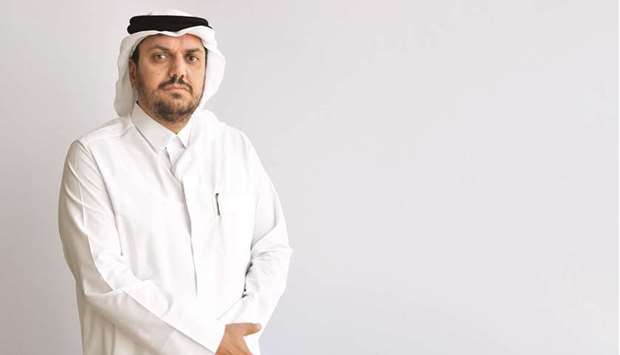
Next month, UN Secretary-General António Guterres will bring together more than 100 countries at the United Nations Food Systems Summit in New York. This is the first summit of its type, demonstrating the growing concern among countries about how to provide healthy food in the face of climate change, infectious disease, and deadly conflict.
Every country that attends the summit is required to organise what are known as “national dialogues” in the run-up to the summit. Qatar’s two-day pre-summit talks began on Tuesday. The goal is to establish a ‘pathway’ – blueprint – for developing the long-term food systems Qatar requires by bringing together government officials, corporate organisations, scientists, researchers, and other interested parties.
As with the other countries involved, this pathway must be in line with the 17 Sustainable Development Goals for 2030 agreed by all UN member states six years ago. These include sustainable consumption and production, zero hunger, and good health and well-being – though all 17 goals require more sustainable food systems if they are to be reached by the end of this decade.
The Qatar talks, led by Dr Masoud al-Marri, Director of the Food Security Department, Ministry of Municipalities and Environment, will focus on four themes: resilience, nature-positive production, equal business prospects and livelihoods, and food safety.
Resilience, in particular, has historically been a concern for the food sector in Qatar. An arid country with little arable land, the cultivation of crops has been difficult and resulted in Qatar relying heavily on imports for even the most basic food commodities.
This began to change in 2008, when the Qatar National Food Security Programme was established, with the goal of reducing the agricultural trade imbalance by utilising cutting-edge technologies. Many Qatari companies have responded to these challenges.
Baladna, which is best known for milk and dairy products, is one of the market-leading local companies to emerge from this concept. As a producer of strategic importance, Qatar Food Security Committee member, Sheikh Dr Faleh bin Nasser bin Ahmad al-Thani sits on the board of directors at Baladna.
Food processing and agricultural improvement are two major areas of this initiative to expand domestic output that Baladna has undertaken. The latter extends food’s shelf life, decreasing waste. The former entails maximising scarce resources through sophisticated production technology and irrigation systems while minimising environmental impact.
Last year, Baladna entered the processed cream and cheddar cheese markets. We have also started making long-life juices. We are already well-known for long-life milk, and recently utilised it as a springboard for flavour-infused milkshakes.
Baladna has expanded its projected treatment capacity as part of a co-operation with Veolia, allowing treated wastewater to be reused for agricultural irrigation. We’re also putting in place interactive production dashboards to ensure that we maintain hitting our primary KPIs.
Last year, the Covid-19 pandemic highlighted the importance of technology in food resilience. Management and administrative employees worked remotely for seven months, reducing transmission risks by forming human bubbles across the supply chain, including farmers. Work was not disrupted as a result, and sales increased by more than 67.5%.
The unusual conditions of the last 18 months have accelerated technological innovation, but the pandemic’s decline must not decrease that pace. For example, we’re currently considering employing smart glasses to remotely oversee installation work, reducing the chance of operations being disrupted by another external issue.
We anticipate that a commitment to advanced technology adoption will be at the forefront of this week’s national dialogues. Even the driest and inhospitable settings can provide the healthy food required to feed rising populations by state-of-the-art systems and processes.
• Moutaz al-Khayyat is the Chairman of Baladna.

